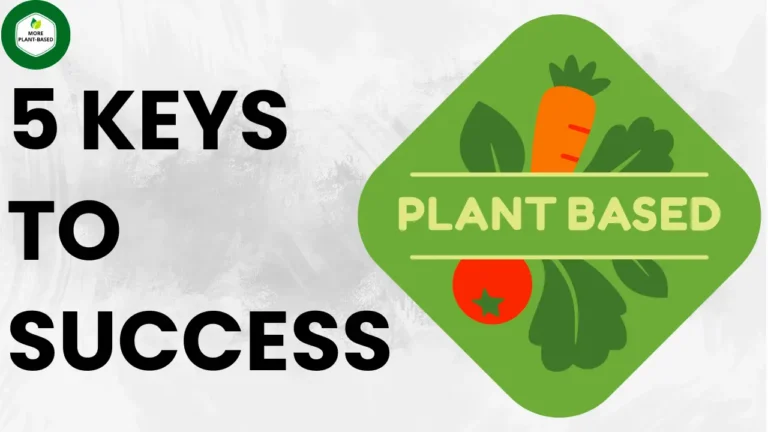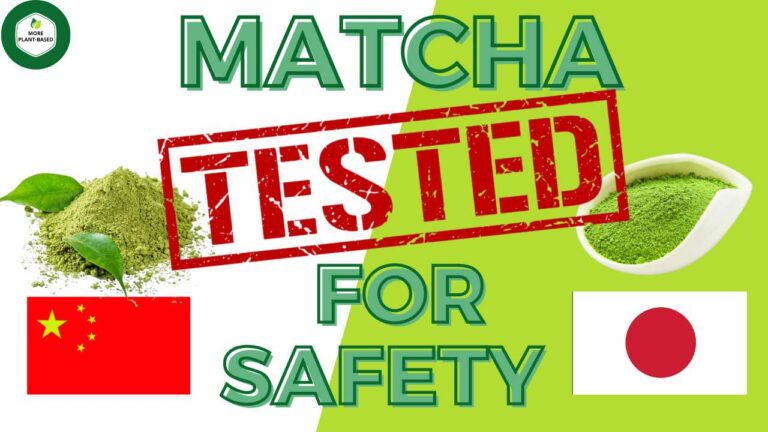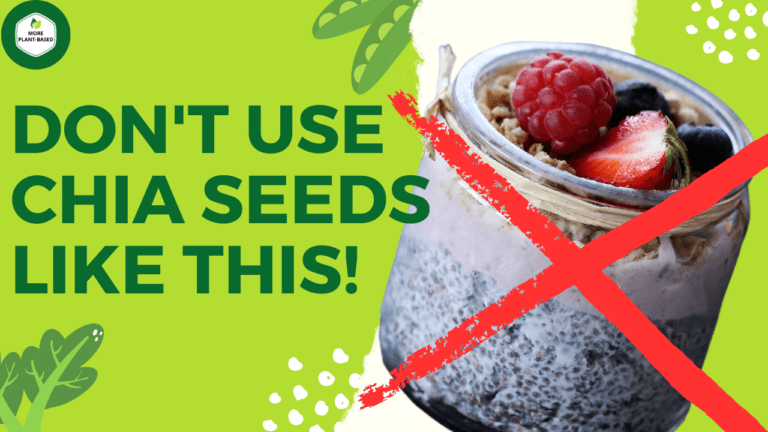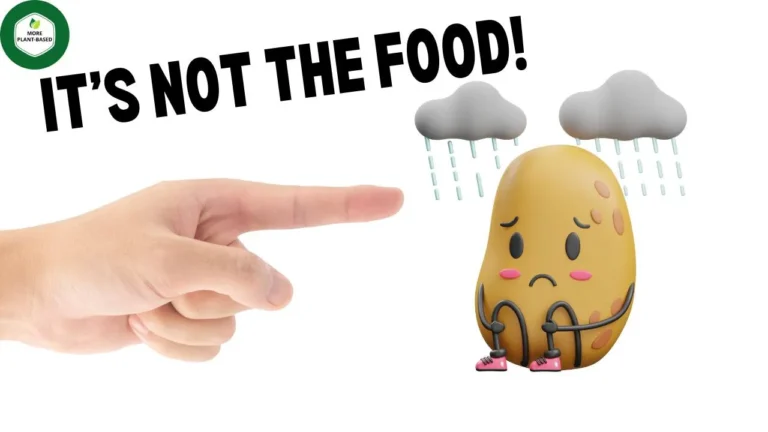Are you considering a dietary shift towards a more plant-centric lifestyle? Perhaps you’re confused about whether to embrace a plant-based or vegan approach? In this article, Vegan vs Plant-Based, we will explore the key differences between these two popular dietary choices and help you determine which one suits you best.
A plant-based diet focuses on incorporating a significant amount of whole foods derived from plants, such as fruits, vegetables, legumes, grains, and nuts. It encourages consuming these foods in their most natural form while minimizing or eliminating animal products. On the other hand, a vegan diet goes beyond just food choices and extends to all aspects of life, as it eliminates the use of any animal-based products, including clothing and accessories.
Understanding the nuances between these two dietary approaches is vital, as they can greatly impact your health, ethical values, environmental concerns, and personal preferences. By providing valuable insights and debunking common myths, we aim to equip you with the information needed to make an informed decision.
Whether you are inclined towards a plant-based or vegan diet, join us as we delve into the details and help you navigate your way towards a healthier and more sustainable lifestyle.
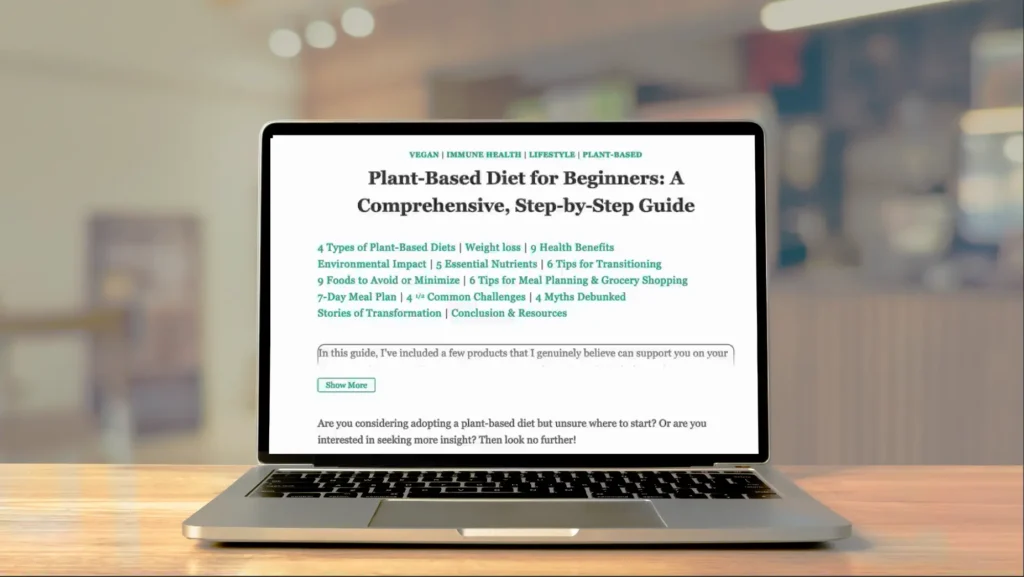
Understanding plant-based and vegan diets
A plant-based diet focuses on incorporating a significant amount of whole foods derived from plants, such as fruits, vegetables, legumes, grains, and nuts. It encourages consuming these foods in their most natural form while minimizing or eliminating animal products. Plant-based diets emphasize the importance of consuming a wide variety of plant foods to ensure a balanced intake of essential nutrients.
On the other hand, a vegan diet goes beyond just food choices and extends to all aspects of life, as it eliminates the use of any animal-based products, including clothing and accessories. Vegans not only avoid meat, poultry, and fish but also exclude dairy products, eggs, and even honey. This dietary approach is rooted in ethical and environmental considerations, aiming to reduce animal exploitation and promote sustainability.
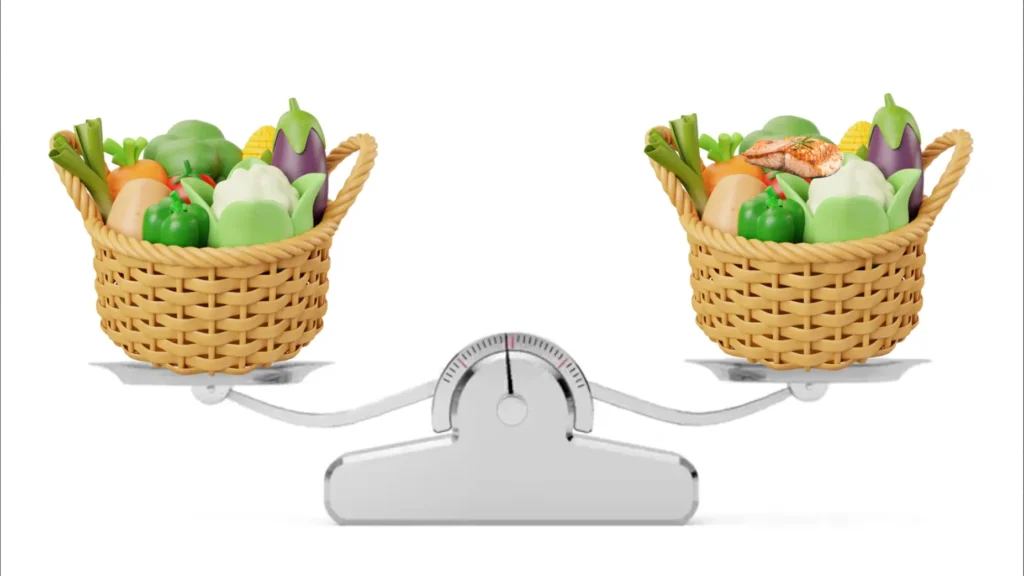
Health benefits of plant-based and vegan diets
Both plant-based and vegan diets offer numerous health benefits. By focusing on whole, unprocessed plant foods, individuals can experience improved digestion, increased energy levels, and weight management. These diets are typically rich in fiber, vitamins, minerals, and antioxidants, which can support overall health and reduce the risk of chronic diseases such as heart disease, diabetes, and certain types of cancer.
Plant-based diets, in particular, have been associated with a lower risk of obesity and better weight control. The emphasis on nutrient-dense foods and the exclusion or reduction of animal products can contribute to healthier weight management. Additionally, plant-based diets have been shown to have a positive impact on blood pressure, cholesterol levels, and blood sugar control.
Vegan diets, on the other hand, have been linked to a reduced risk of certain health conditions, including heart disease and high blood pressure. The absence of animal products helps eliminate saturated fats and cholesterol from the diet, which are known contributors to cardiovascular problems. Vegan diets also tend to be lower in calories and higher in fiber, which can aid in weight loss and maintenance.
Environmental impact of plant-based and vegan diets
The environmental impact of dietary choices is becoming increasingly important in today’s world. Plant-based and vegan diets have gained attention for their potential to reduce greenhouse gas emissions, conserve water resources, and mitigate deforestation. Animal agriculture uses vast amounts of land. Livestock and their feed use 83% of farmland but contribute only 18% of human calories.
By shifting towards plant-based or vegan diets, individuals can significantly contribute to a more efficient use of resources. Plant-based diets require much fewer resources, such as land, water, and feed, compared to animal-based diets.
Furthermore, the production of plant foods generally involves less energy. Adopting plant-based or vegan diets can contribute to a more sustainable and environmentally friendly future.
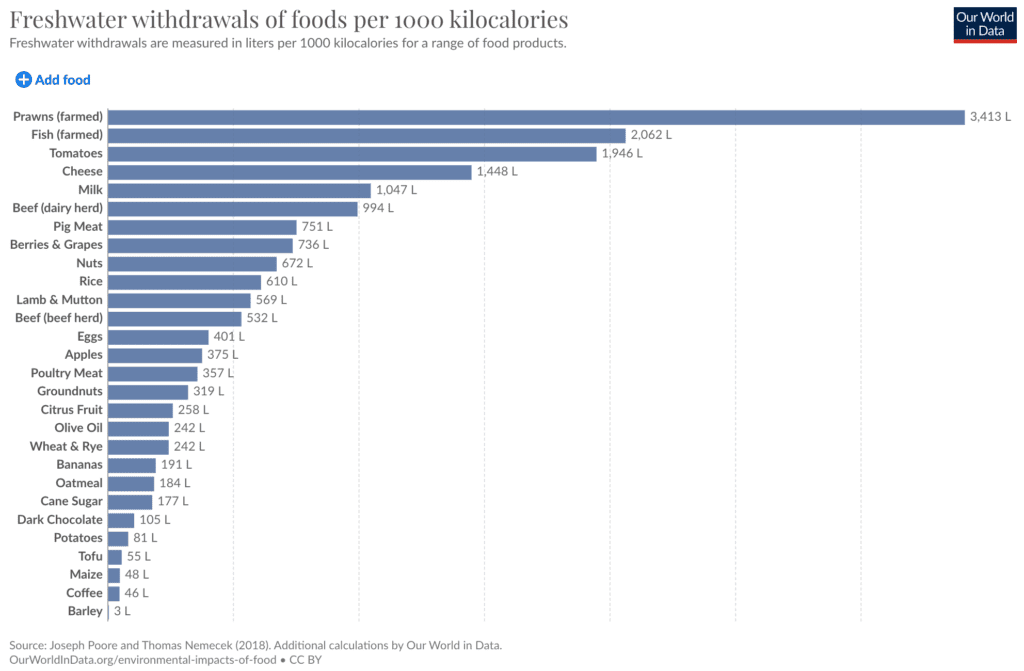
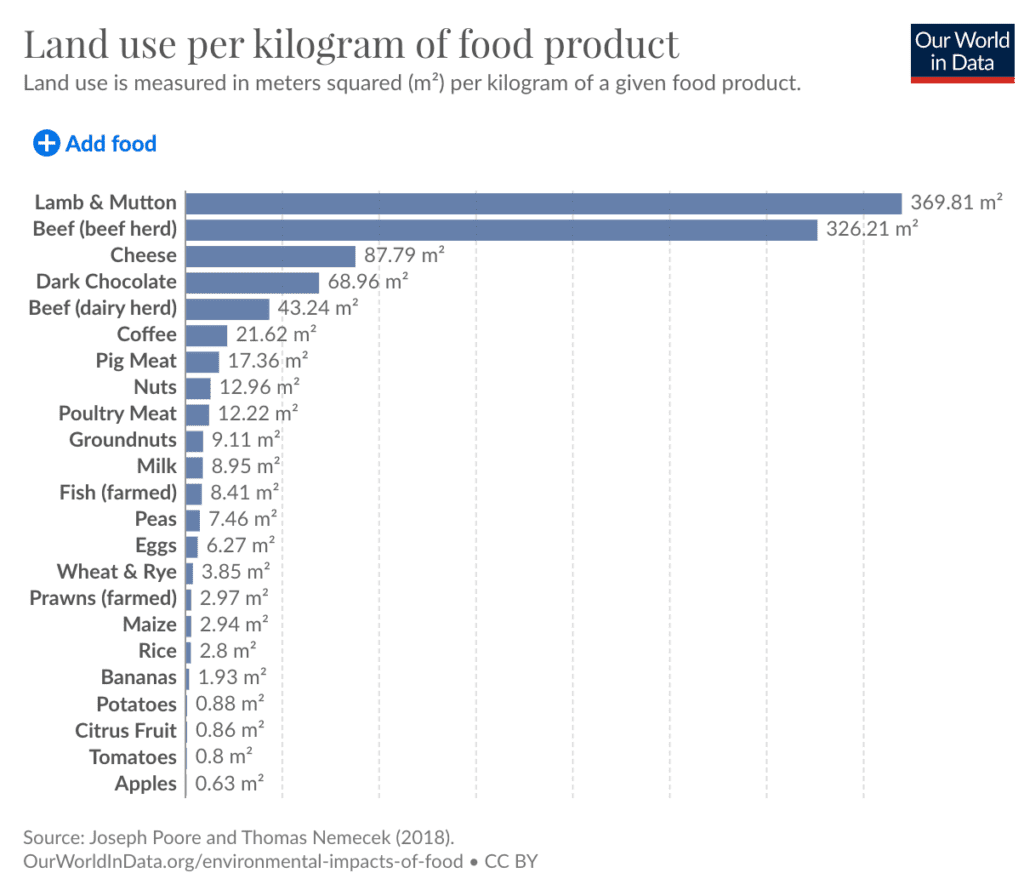
Learn more on how to interpret these figures in the plant-based diet guide in the chapter “Environmental Impact.”
Vegan vs plant-based: the differences
While plant-based and vegan diets share commonalities in their emphasis on plant foods, there are notable differences between the two approaches. Plant-based diets allow for flexibility and may include occasional consumption of animal products, such as eggs or dairy. The focus is on incorporating more plant foods into the diet, without strict exclusion of all animal products.
Vegan diets, on the other hand, are more restrictive and eliminate all animal products entirely. This includes not only meat, poultry, and fish but also dairy, eggs, and honey. Vegans often adopt this lifestyle for ethical reasons, aiming to avoid the exploitation of animals in any form. Veganism extends beyond dietary choices and often encompasses the use of cruelty-free products and a commitment to animal welfare.
Considerations for adopting a plant-based or vegan diet
Before transitioning to a plant-based or vegan diet, it is essential to consider several factors. Firstly, it is crucial to ensure that your chosen diet provides all the necessary nutrients for optimal health. Both plant-based and vegan diets can meet nutrient requirements, but careful planning is required to ensure adequate intake of protein, iron, calcium, vitamin B12, and omega-3 fatty acids.
Consulting a registered dietitian or nutritionist can be beneficial in developing a well-balanced plant-based or vegan meal plan that meets your individual needs. They can provide guidance on appropriate food choices, portion sizes, and potential nutrient deficiencies. It is also important to listen to your body and make adjustments as needed to ensure you are feeling your best.
An excellent way to track all the essential nutrients yourself is by using a nutrition tracker such as Cronometer.
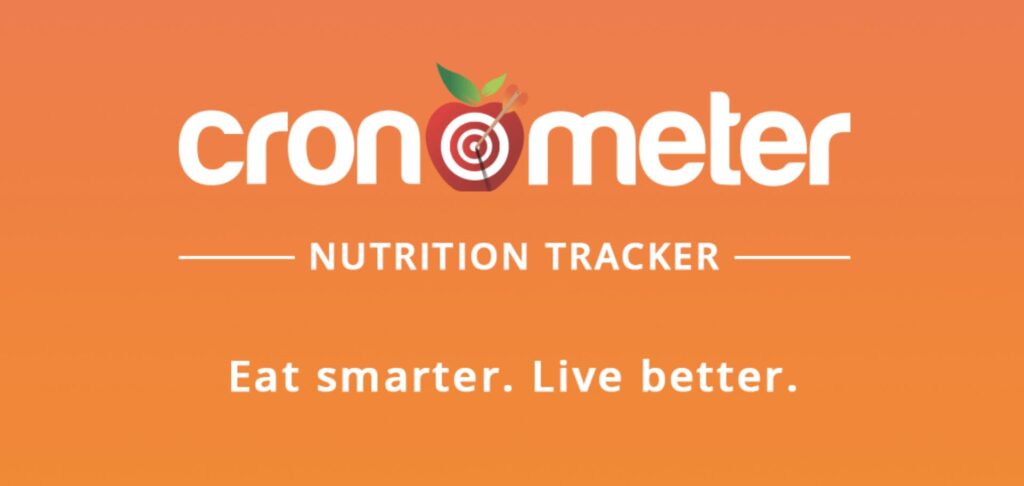
Tips for transitioning to a plant-based or vegan diet
Transitioning to a plant-based or vegan diet can seem overwhelming at first, but with the right approach, it can be a smooth process. Start by gradually incorporating more plant-based foods into your meals and reducing your consumption of animal products. Experiment with new recipes and flavors to keep things interesting and enjoyable.
Planning your meals and having a well-stocked pantry filled with plant-based staples can make the transition easier. Focus on incorporating whole grains, legumes, fruits, vegetables, nuts, and seeds into your diet. Explore different cooking methods and flavor combinations to make your meals delicious and satisfying. More details in the plant-based guide.
Common misconceptions about plant-based and vegan diets
Despite the growing popularity of plant-based and vegan diets, there are still several common misconceptions surrounding them. One misconception is that these diets lack protein. However, plant-based and vegan diets can provide all the essential amino acids when a variety of plant protein sources are consumed, such as legumes, tofu, tempeh, quinoa, and seitan.
Another misconception is that plant-based and vegan diets are expensive. While it is true that some specialty plant-based products can be pricey, a well-planned plant-based or vegan diet can be affordable. Focusing on whole, unprocessed foods and buying in bulk can help keep costs down. Additionally, growing your own fruits and vegetables or shopping at local farmers’ markets can be cost-effective options.
Plant-based and vegan meal ideas and recipes
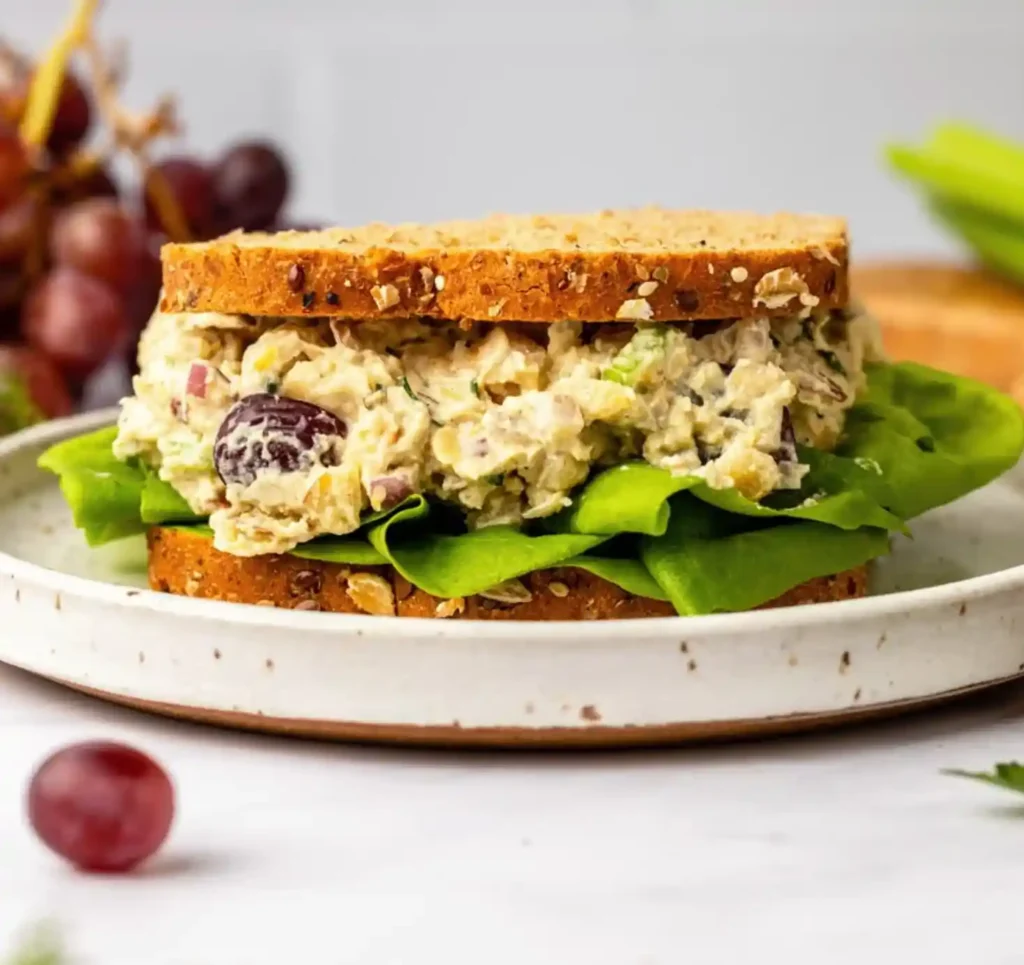
To help you get started on your plant-based or vegan journey, here are a few meal ideas and recipes:
1. Breakfast: Overnight oats with mixed berries and almond butter
- Combine rolled oats, plant-based milk, chia seeds, and a sweetener of your choice in a jar.
- Stir well and refrigerate overnight.
- In the morning, top with mixed berries and a dollop of almond butter.
2. Lunch: Chickpea salad wrap
- Mash-cooked chickpeas with avocado, lemon juice, diced vegetables, and seasonings to taste.
- Spread the mixture on a whole-grain tortilla or wrap.
- Add fresh lettuce, sliced tomatoes, and cucumber.
- Roll it up and enjoy!
3. Dinner: Lentil and vegetable curry
- Sauté diced onions, garlic, and ginger in a large pot.
- Add your choice of vegetables, such as carrots, bell peppers, and zucchini.
- Stir in cooked lentils, vegetable broth, and curry powder.
- Simmer until the vegetables are tender and the flavors have melded together.
- Serve over brown rice or quinoa.
Resources for further information and support
If you’re interested in learning more about plant-based and vegan diets, there are numerous resources available to guide you. Here are a few recommendations:
- An extremely detailed beginners’ guide on the ins and outs of a vegan or plant-based diet, but also useful for the more experienced: Plant-Based Diet for Beginners: A Comprehensive Step-By-Step Guide.
- Books: “The Plant-Based Diet for Beginners” by Gabriel Miller, “The Vegan Starter Kit” by Neal D. Barnard, and “How Not to Die” by Michael Greger.
- Websites: The Vegetarian Resource Group (www.vrg.org), The Vegan Society (www.vegansociety.com), and Forks Over Knives (www.forksoverknives.com).
- Online communities: Joining online communities and forums focused on plant-based or vegan lifestyles can provide support, recipe ideas, and answers to your questions.
Conclusion
Whether you choose a plant-based or vegan diet, adopting a more plant-centric lifestyle can have significant benefits for your health, the environment, and animal welfare.
Understanding the differences between these dietary approaches allows you to make an informed decision that aligns with your values and goals. Whether you choose to go plant-based or vegan, remember to prioritize balanced nutrition and seek guidance from professionals when needed. Embrace the journey towards a healthier and more sustainable lifestyle—one plate at a time.
